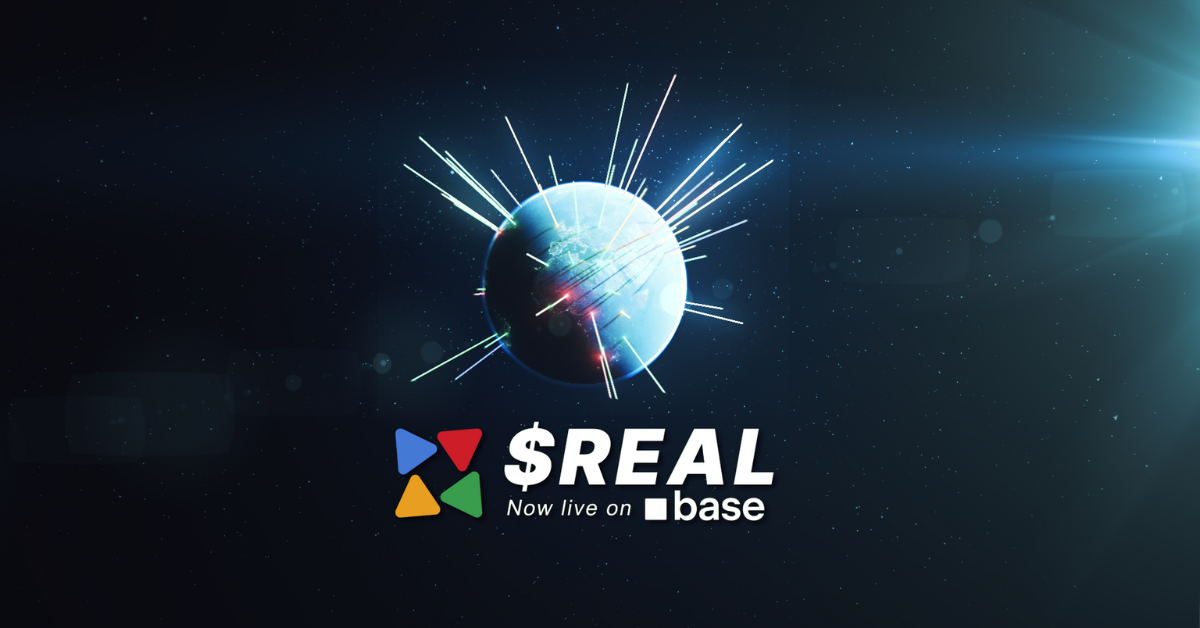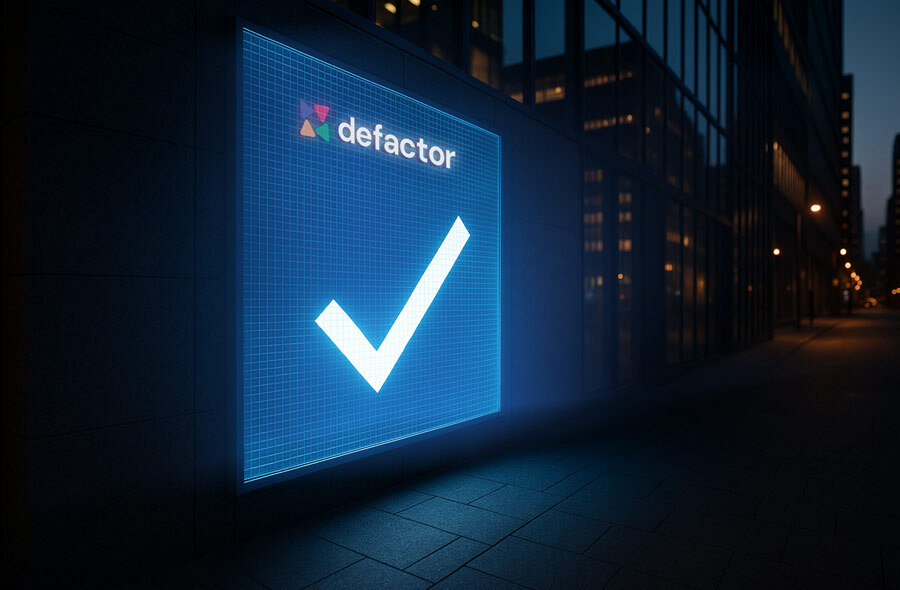Ongoing Marketing Efforts and Adjustments
Aligning Teams
Marketing in RWA isn't just the job of marketers; it's a cross-disciplinary effort that requires alignment between technical and non-technical teams. Bridging this gap ensures that the messaging not only highlights the technological advancements but also resonates with the end-user's needs and expectations. Regular workshops and integrated project teams can help maintain this alignment, ensuring that everyone is on the same page and moving towards the same objectives.
Event Marketing
Participating in and hosting events remains a powerful strategy, especially in B2B and B2B2C contexts. Real-world interactions foster trust and can lead to meaningful partnerships and opportunities. Event marketing creates a crucial touchpoint in the awareness of a new RWA ecosystem. In the age of generative AI, it can be difficult to discern which RWA projects are truly trustworthy, especially in the early stages of development. Showcasing your project at various global DeFi events not only brings you directly in front of potential users and businesses but also shows them that your project is led by a team of real people. As we touched on in the previous section of trust, credibility and integrity, it is vital to continuously position your team in real-life marketing opportunities. Since at the end of the day - people will always do business with people.
Dual Focus: Technical Advancement and Community Engagement
RWA ecosystems must maintain a delicate balance between advancing their technology and engaging their community. Continuous technical improvement is necessary to stay competitive and address evolving market demands and security threats. Additionally, a strong, engaged community is crucial for testing, feedback, and evangelising the project.
Integrating Feedback Loops
As the project progresses, integrating feedback from clients and token holders becomes imperative. If your ecosystem interacts majorly through B2C, user input should be heavily considered for influencing product development. Continuous engagement through Ask-Me-Anythings (AMAs), social media platforms, and direct interactions can provide valuable insights that help refine strategies and product offerings.
Furthermore, setting up effective channels for feedback is essential. This not only includes gathering input but also actively responding to it and demonstrating how it shapes the ecosystem. Whether it's adjusting a feature based on user tests or changing a communication strategy based on community feedback, showing responsiveness builds trust and loyalty. A large foundational characteristic of blockchain technology is its decentralisation. Integrating the function of governance in your ecosystem, if possible, provides autonomy to your stakeholders so that they may vote to shape the very ecosystem in which they have invested.
Visibility and Legitimacy
Ensuring that your project maintains a credible presence is key to long-term sustainability and trust. This can be achieved by leveraging both digital and physical platforms to showcase the project's developments and stability.
Certifications, partnerships with known entities, and presence on esteemed platforms can also significantly enhance credibility. For instance, listing on recognised exchanges or obtaining security audits from respected firms provides a stamp of approval that reassures stakeholders of the project’s commitment to safety and longevity.
Moreover, organising press releases, interviews with project leaders, and showcasing successful use cases can effectively translate into increased trust and engagement.
Consistent broadcasting of your project's unique value propositions and relevant achievements is a great way to keep your community in the loop and serves as a reminder of how far you’ve come along.
Long-Term Orientation
Finally, maintaining a long-term perspective is essential, especially during market fluctuations. In the case of a mixed end-user ecosystem, you may be inclined to satisfy everyone’s needs when sharing ecosystem news. Nonetheless, regular token holders and businesses could be interested in vastly different aspects of the project. There is a fine line when trying to satisfy everyone’s needs, token holders may be more interested in the token multiplying than the actual technology behind it. Marketing should not only focus on immediate gains but also on building sustainable growth and utility that benefits both direct users and token holders. It should be a priority to consider what your long-term vision is and to communicate that to your stakeholders.
Conclusion: No Silver Bullet, But a Strategic Approach
Ultimately, there is no one-size-fits-all solution in RWA marketing. A successful strategy involves a combination of clear communication, stakeholder engagement, educational initiatives, and robust branding. By focusing on building a trustworthy brand and integrating community feedback, RWA projects can navigate the complexities of the market and achieve sustainable growth. Remember, in the decentralised world of blockchain, authenticity and long-term commitment can set your project apart from fleeting trends.
To see how we approach our marketing initiatives, check out our Resource page.
THIS ARTICLE WAS INSPIRED BY THE DEFACTOR PODCAST EPISODE 7






